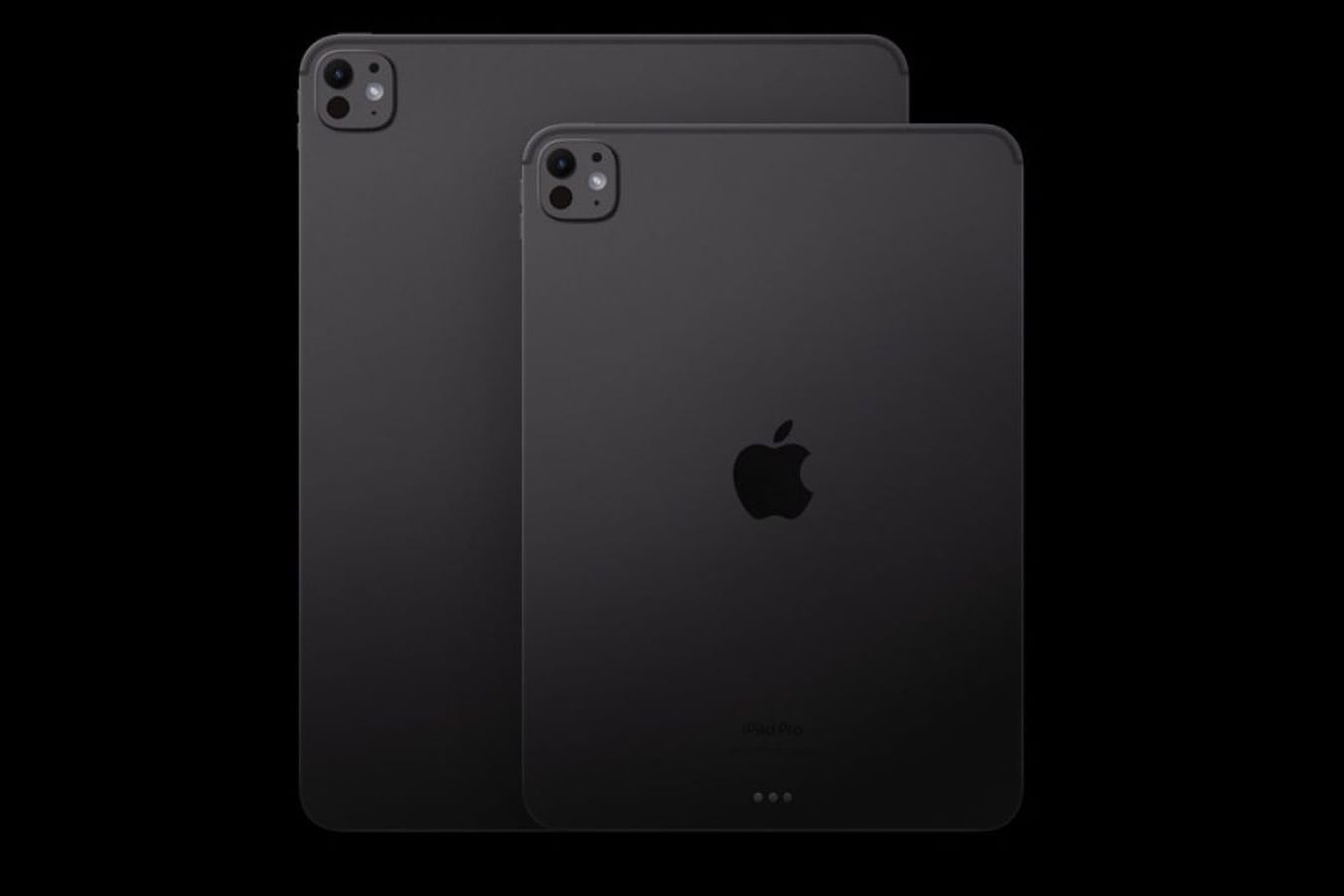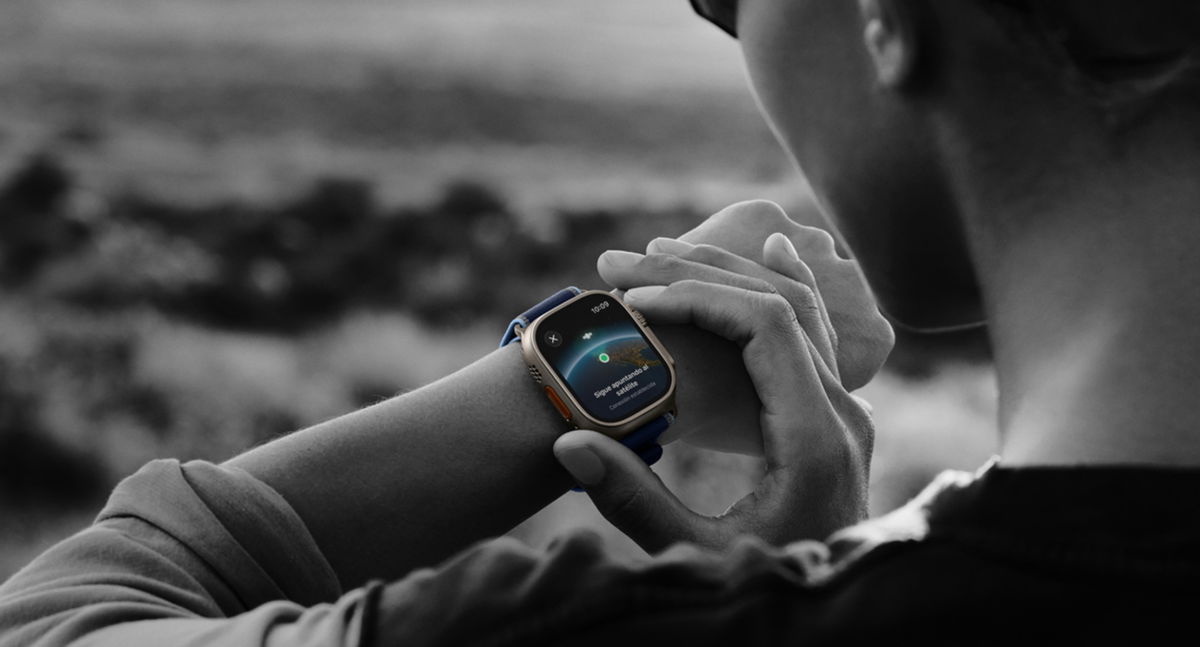The lawsuit, filed in 2021, accuses DRN of violating California law regulating the use of automatic license plate readers (ALPR). DRN is said to use these cameras to track vehicles and sell location data to marketers, vehicle buyback companies, and insurers.
The case is significant because of its scale. Nearly 23 million Californians whose license plates have been scanned by DRN at least 15 times since June 2017 are considered part of the group. The company has reportedly installed its cameras in cars driving on public roads.
The hearing, scheduled for May 17 in San Diego County Superior Court, is based on a 2016 California law that requires respect for “privacy and civil liberties” when collecting and distributing such data. This law provides for a fine of at least $2,500 for violators.
Plaintiffs’ lawyers, led by Edelson PC, argue that DRN’s business model amounts to “mass surveillance.” They believe the data collected paints a “detailed picture of people’s lives” by tracking people’s movements in different places such as home, work, school and religious institutions. This alleged violation of privacy and civil liberties is the basis for seeking compensation from DRN.
DRN denies violating California law. Their website states that “no harm has been suffered by the plaintiff or similar persons.” Additionally, the company claims that there are no laws prohibiting the collection or storage of ALPR data, and that its systems are secure and have never been hacked.
Source: Ferra
I am a professional journalist and content creator with extensive experience writing for news websites. I currently work as an author at Gadget Onus, where I specialize in covering hot news topics. My written pieces have been published on some of the biggest media outlets around the world, including The Guardian and BBC News.












